Lenten superstitions in the Philippines
Like many other Asian countries, the Philippines has its own unique superstitions. Some of these apply only during particular seasons such as Halloween, Christmas, and New Year. As a predominantly Catholic country, we also have superstitions for religious events, including Lent.
For Filipinos who live far away from Filipino Catholic communities, but want to observe Lenten season the Filipino way, below are some Filipino Lent & Holy Week superstitions you should know.
Table of Contents
- Lenten superstitions in the Philippines
- What is Lent like in the Philippines?
- 1. Palaspas wards off evil spirits
- 2. Avoid making noise during Holy Week to mourn for Jesus Christ
- 3. Abstain from eating meat to repent from sin
- 4. Penitensya – giving up something to gain something else
- 5. Wounds heal slower on Good Friday
- 6. Traveling on Good Friday makes you prone to accidents
- 7. Bathing after 3PM on Good Friday brings bad luck
- 8. Evil spirits are stronger during Holy Week
- 9. Good Friday is the best day to get an anting-anting
- 10. Rain on Easter Sunday contains healing properties
- What is there to do in the Philippines during the Holy Week?
- Filipino Lent & Holy Week superstitions
What is Lent like in the Philippines?
Lent in the Philippines is a time of deep reflection and spiritual renewal for many Catholic Filipinos. It’s a 40-day period that starts on Ash Wednesday and ends on Maundy Thursday, commemorating the 40 days that Jesus spent fasting in the desert.
Filipino Lent traditions include fasting and abstinence, long hours of prayer, and acts of penance to prepare for the celebration of Easter, which is the most significant event in the Christian calendar.
Many churches hold special services and activities, and it’s a time when people come together to strengthen their faith and seek forgiveness. Lent is a meaningful and important season for Filipinos to grow closer to God and reflect on their beliefs.
1. Palaspas wards off evil spirits
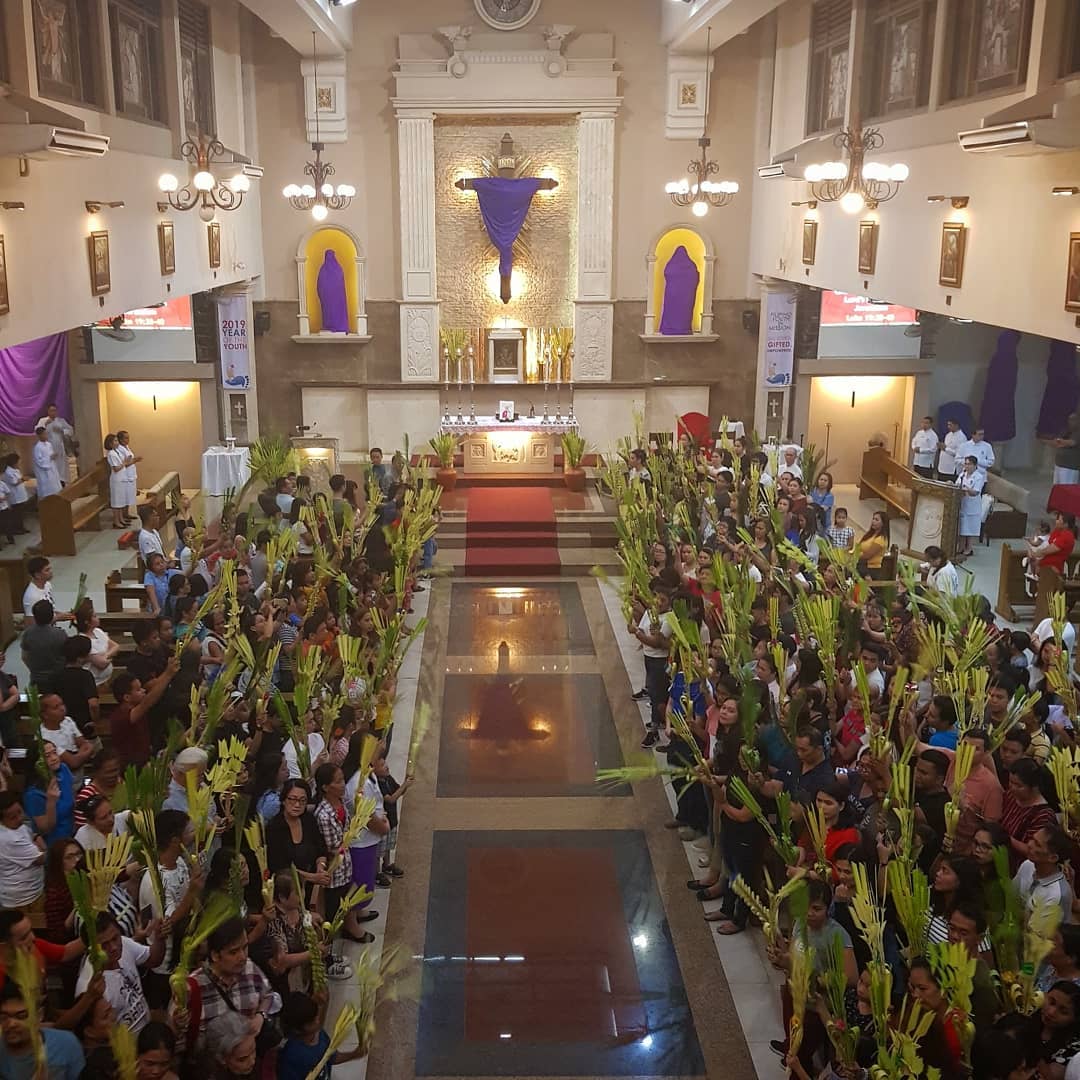
Churchgoers await the priest holding palaspas on Palm Sunday
Image credit: @xiebon via Instagram
An ocean of palaspas (weaved palm leaf fronds) is a sight you only see in Catholic churches in the Philippines on Palm Sunday.
These palaspas are bought from vendors outside the church who make palm leaf fronds into different designs. Filipinos wave their palaspas as the priest enters the church to replicate Jesus’ arrival to Jerusalem. These items are then blessed by the priest with holy water.
After the mass, Filipinos keep their palaspas and display these at their altar or door. These can also be made into small crosses to be placed around the house, particularly on windows.
Palaspas are said to ward off bad spirits from the home throughout the year.
2. Avoid making noise during Holy Week to mourn for Jesus Christ

The Last Temptation of Christ (1988)
Image credit: IMDB
Before the age of the internet, Filipino kids would often be reminded by adults to stay quiet during Holy Week. It’s because it is supposed to be a time of prayer, repentance, and mourning for Christ’s suffering.
During this time, kids were prohibited from watching TV. To help Filipino Catholics observe silence during the week, TV channels only show solemn, religious shows depicting the passion and death of Christ.
At the same time, outdoor activities such as swimming are also discouraged to avoid merriment and noise.
However, Filipinos today aren’t as strict anymore so kids may be allowed to enjoy their devices.
3. Abstain from eating meat to repent from sin
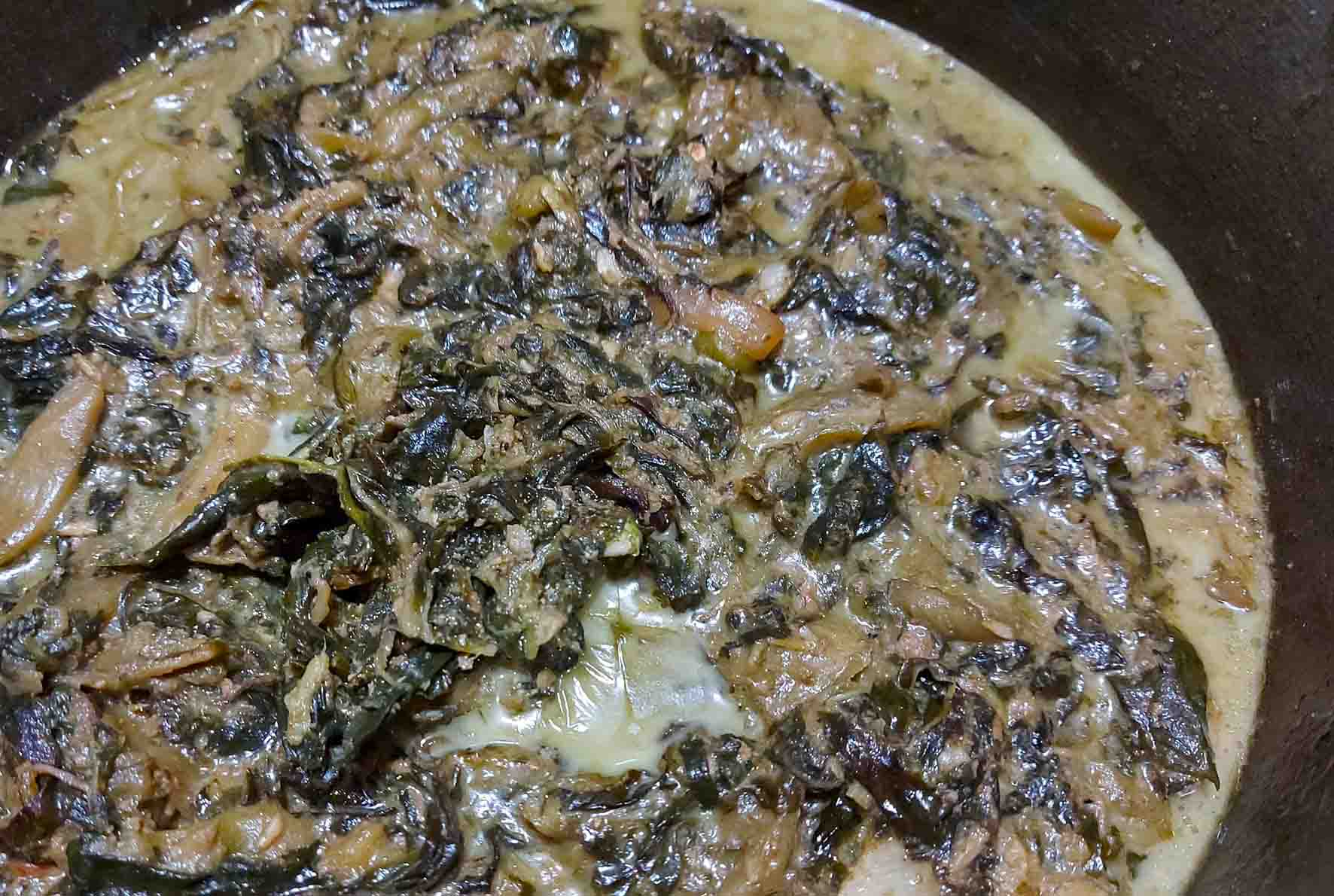
Laing (taro leaves in spicy coconut cream)
Image credit: Joyce Go Lematore Alolor via Facebook
To many kids’ dismay, Filipino families usually serve only vegetables with rice at meals during Holy Week. Some people even avoid eating meat dishes for all 46 days of Lent starting on Ash Wednesday.
This is because meat is said to be unclean so avoiding it during Lent symbolizes repentance from sin. It’s also a way to respect and share Christ’s sufferings. To Catholics, abstinence from meat is a small luxury to give up in comparison to his sacrifice.
Some Catholics avoid all types of meat while others have been more lenient, allowing chicken and fish. Other animal products such as dairy are allowed, though.
In consideration of their health, kids, pregnant women, and the sick are exempted from this Holy Week superstition. There can also be more exemptions depending on each community’s beliefs.
4. Penitensya – giving up something to gain something else
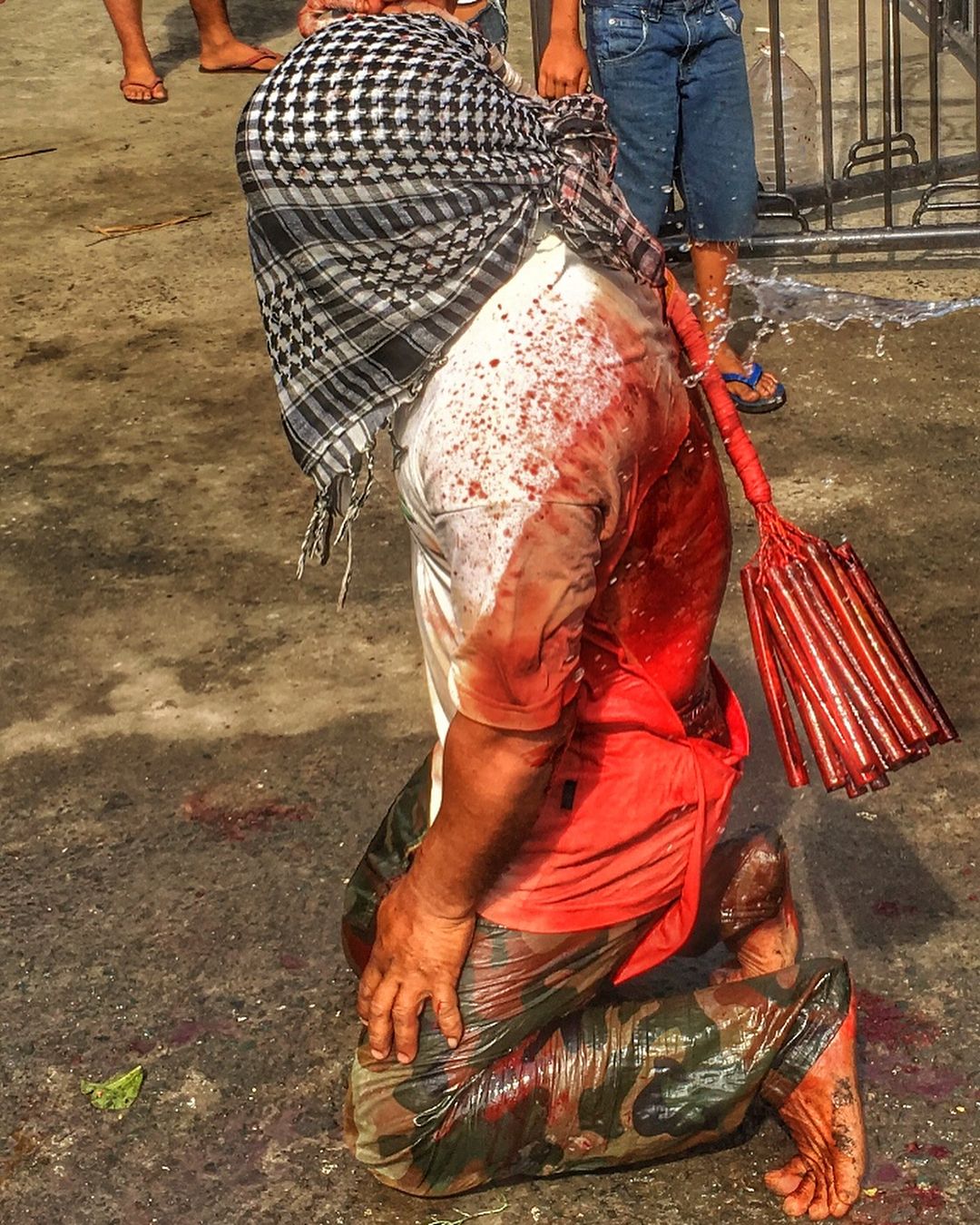
A man hitting his back with a bamboo whip
Image credit: @iamjozef via Instagram
You may have seen people hitting their bare backs with bamboo whips and getting nailed on the cross in Filipino Lenten documentaries. These are examples of penitensya or penance, an act made to repent for one’s sins.
In the Philippines, people don’t only participate in penitensya for repentance. Some also do it to ask God to fulfill their wishes such as healing them or a loved one from sickness.
Penitensya doesn’t always have to involve hurting oneself, though. It can also be as small as giving up luxuries or vices during Lent.
5. Wounds heal slower on Good Friday
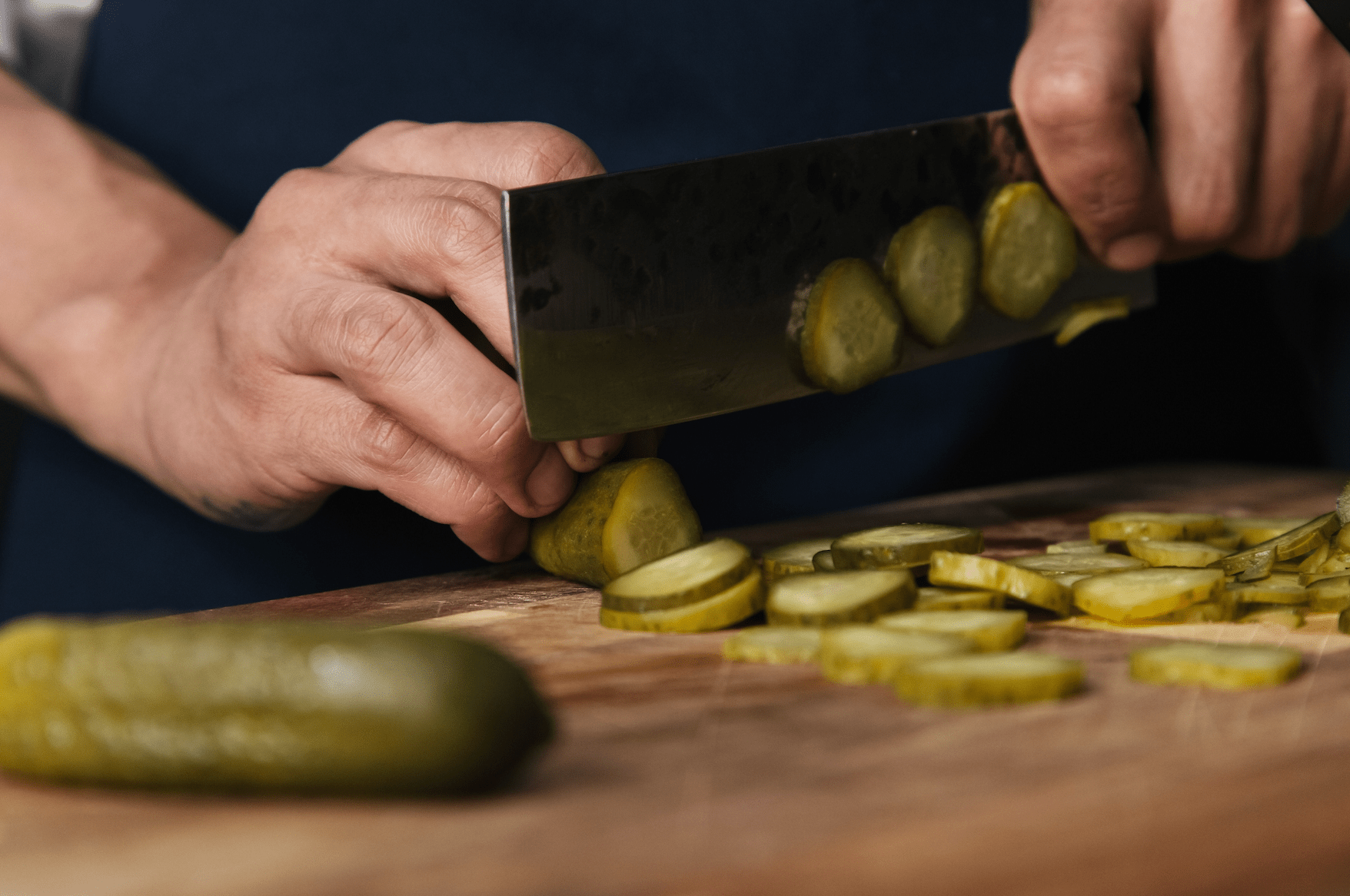
Image credit: Ron Lach via Pexels
Filipinos are discouraged from doing any activity that can potentially cause them to get wounded during Holy Week, especially on Good Friday. These include anything from using knives and other sharp objects to engaging in outdoor activities.
Because Christ is believed to be suffering on that day, our elders tell us that he will not be able to heal us when we get hurt.
Wounds acquired on Good Friday are also said to heal slower than normal.
6. Traveling on Good Friday makes you prone to accidents

Image credit: Mel Casipit via Pexels
Roads in the Philippines are significantly less busy on Good Friday not only because it’s a public holiday. Many of us avoid traveling on this day because evil forces are said to be at their strongest.
According to elders, evil spirits take the opportunity to harm people during Good Friday while Jesus is being persecuted and therefore cannot be there to save us.
In relation to wounds healing slower, people also don’t want to risk getting into an accident on this day.
7. Bathing after 3PM on Good Friday brings bad luck
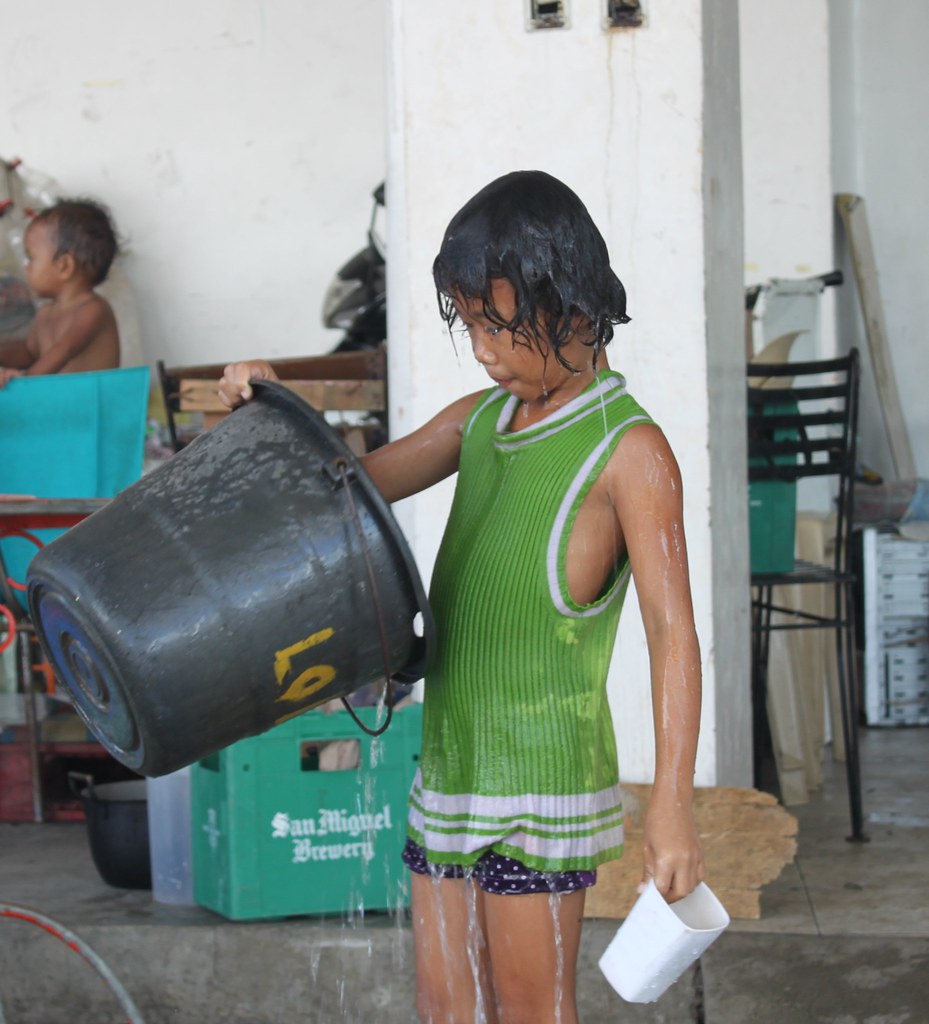
A Filipino boy taking a shower using timba (pail) and tabo (dipper)
Image credit: UN Migration via Creative Commons
Some households also prohibit their family members from taking a bath after 3PM on Good Friday. It is believed that this is the time when Jesus died on the cross.
Some say they do this because water may turn to blood when they bathe. Others simply believe that doing this will bring bad luck.
However, the Catholic Bishops’ Conference of the Philippines (CBCP) has stated that this has “no religious bearing”, so we can take a bath anytime we want during Lent.
8. Evil spirits are stronger during Holy Week
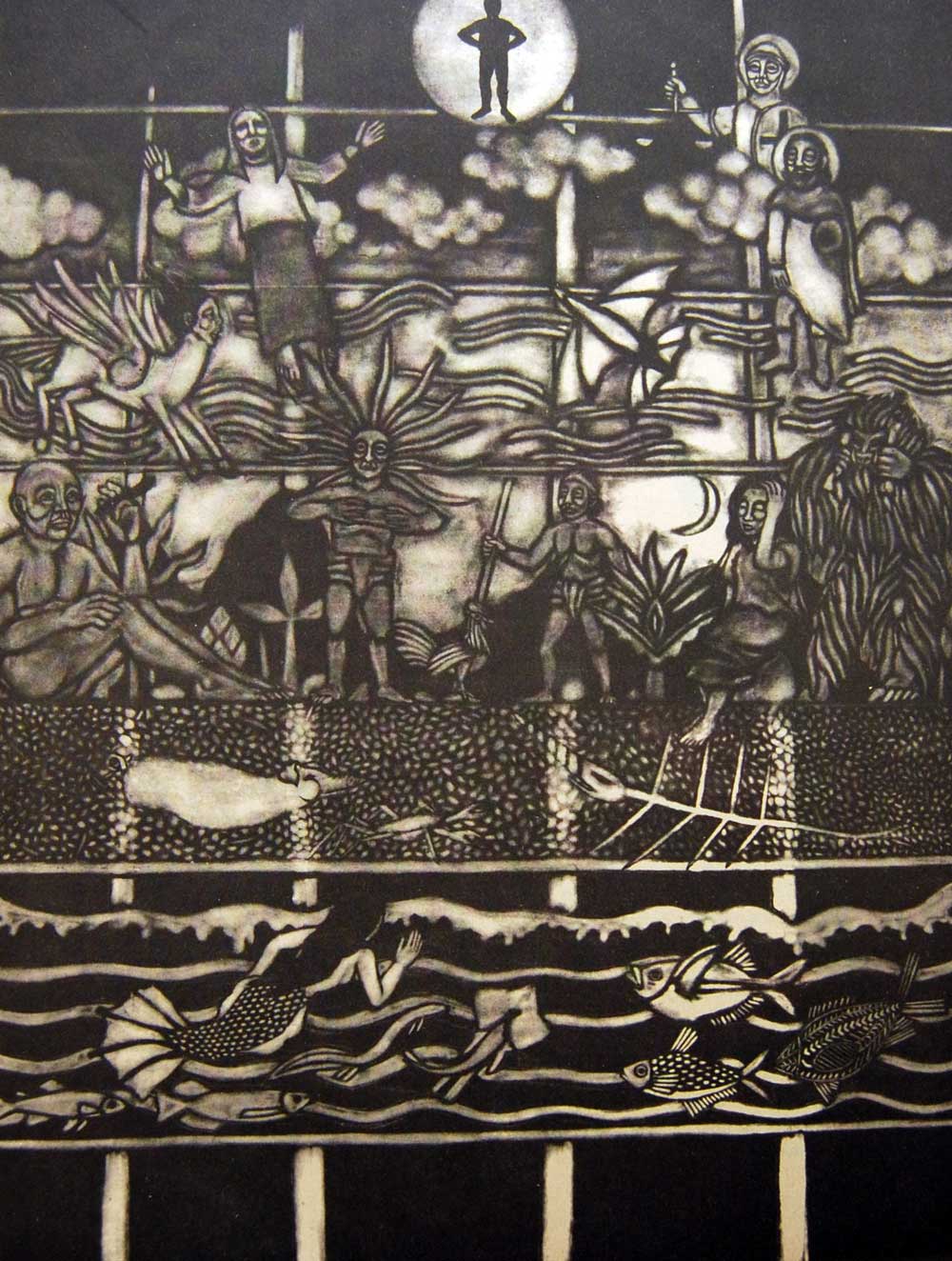
Image credit: The Aswang Project
The Lenten season in the Philippines is known to be a time when families gather to pray, reflect upon the death, and celebrate the rebirth of Christ. During Holy Week, it is believed that evil spirits and negative energies are stronger because Christ is “temporarily gone”.
Elders believe that the death of Christ gives leeway for evil spirits to roam freely and tempt others “to sin”.
While prayer can be the strongest form of protection, you may still see some elders carrying an anting-anting in order to ward off these harmful spirits.
9. Good Friday is the best day to get an anting-anting
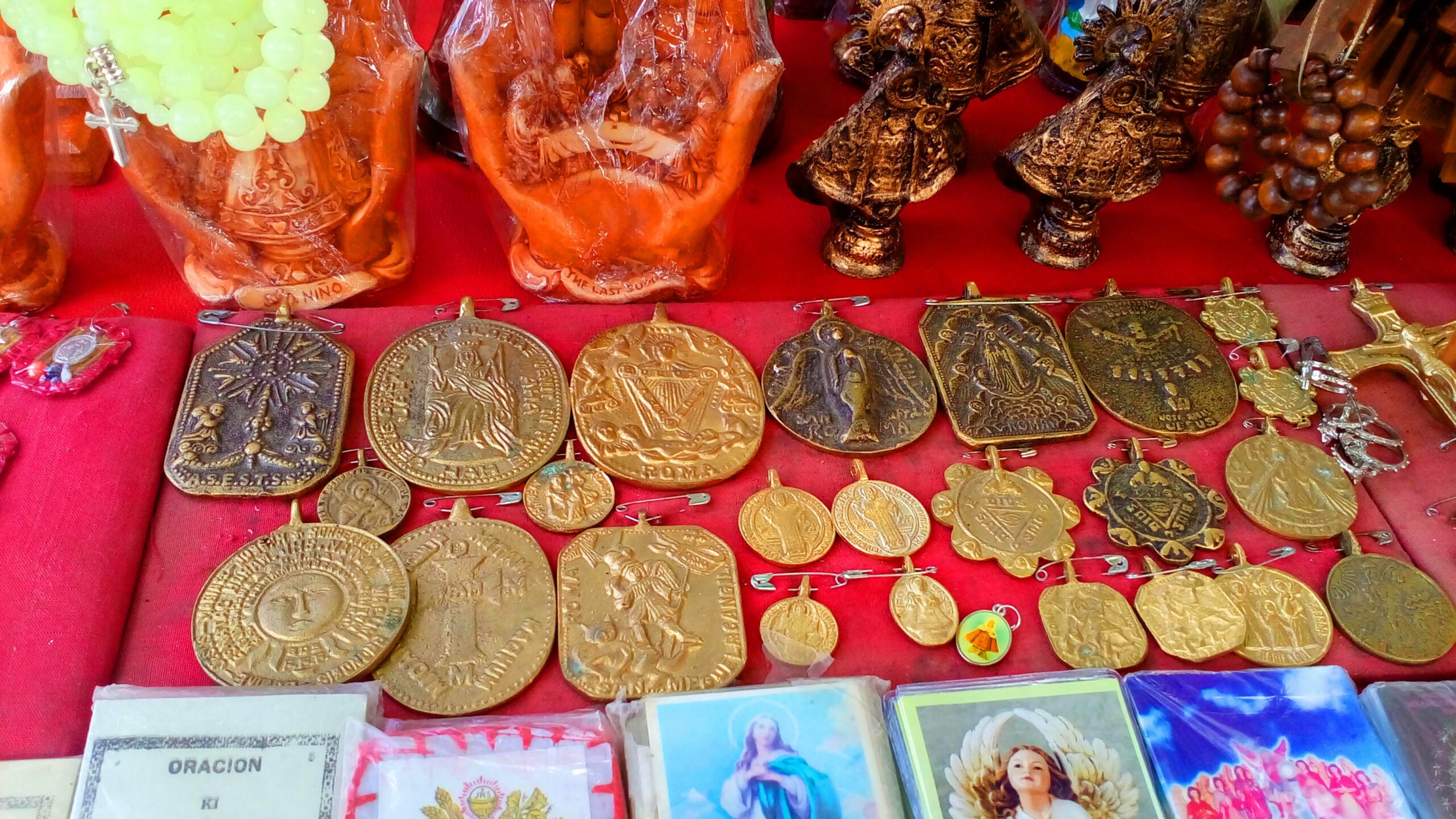
Anting-antings
Image credit: FroyAgta via Creative Commons
In the Philippines, Catholicism is closely tied to pre-colonial, folk beliefs that you’ll find people who believe in God and dwendes (dwarves) at the same time. It’s for the same reason that religious events and beliefs, including Holy Week superstitions, can have a bearing on folk practices.
On Good Friday, while bad spirits are at their strongest, anting-antings or traditional amulets become more potent. It’s said to be a good day to seek, test, and recharge anting-antings, much like how modern-day witches recharge their crystals. This may be because the animist spirit realm is freer during this period.
Different anting-antings can be used for different things, including healing, protection, passing the board exams, and even giving someone charm and sexual virility. They are often sold in front of churches.
10. Rain on Easter Sunday contains healing properties

Image credit: Mike Kotsch via Unsplash
As Easter Sunday marks the rebirth of Christ, this is one of the moments where elders would encourage you to step out in the rain if it shows up. It’s because they believe that the rain contains healing properties.
The Lenten season falls within the dry season in the Philippines, so it doesn’t rain often. With the Holy Week superstitions about “bad” water, elders say that it turns “good” as it rains on Easter Sunday, and that it has healing powers that holy water does.
Make no mistake, though. Staying under the rain for too long can still cause sickness, so make sure to be in and out in a jiffy.
What is there to do in the Philippines during the Holy Week?
If you’re a tourist visiting the Philippines during Holy Week, there are still a number of things that you can do to know more about its culture.
You can go see the Moriones Festival in Marinduque and other parts of the region, watch biblical reenactments, or even join a pilgrimage at the shrines around the country.
And since it’s summer time, you can definitely check out the many wondrous beaches that the Philippines has to offer.
Filipino Lent & Holy Week superstitions
These are only some of the Lent and Holy Week superstitions we have in the Philippines. You’ll be able to find other variants of these beliefs as well as unique Holy Week superstitions in different regions and communities throughout the country.
You may also find that many Filipinos no longer practice many of these superstitions, as we’ve become increasingly modern. However, it’s not to say that these people are less of believers.
Whether or not you’re a practicing Catholic, we wish you a meaningful Holy Week.
Also, check out meatless Lent dishes to cook during Holy Week, Paoay Lake Water Park in Ilocos Norte, and Labasin Waterfalls Restaurant in Quezon.
Cover image adapted from: @lafabregar via Instagram, UN Migration via Creative Commons, and FroyAgta via Creative Commons

Drop us your email so you won't miss the latest news.






